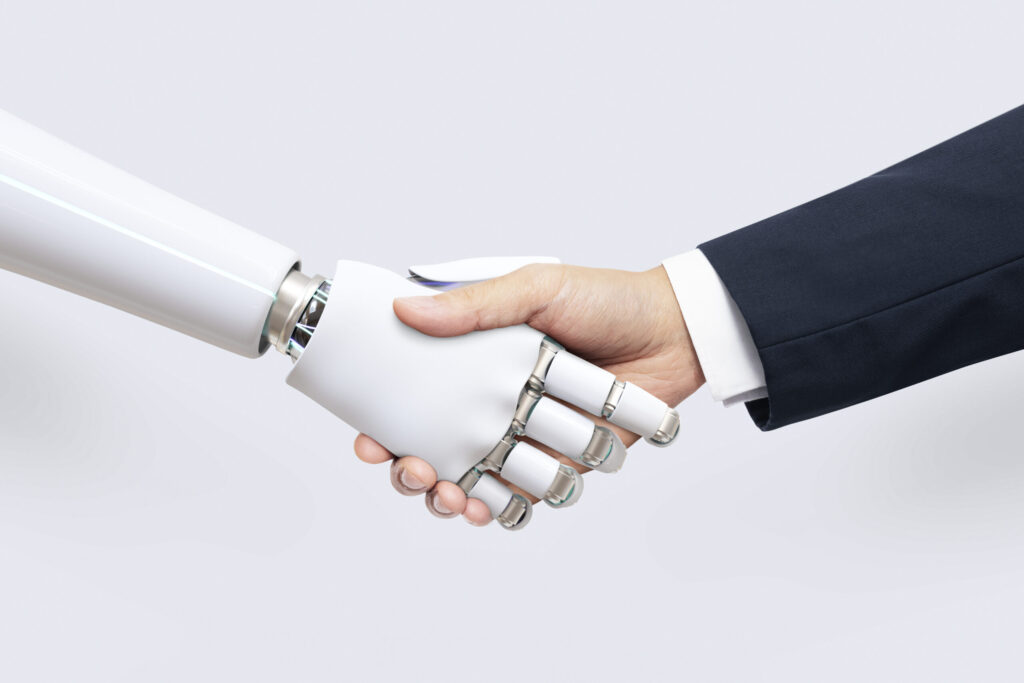Artificial Intelligence has long been a subject of science fiction, but today, it is a powerful reality that is reshaping how businesses function. What was once a tool for large tech giants is now accessible to companies of all sizes, offering a path to unprecedented efficiency and innovation. From automating mundane tasks to delivering deep, data-driven insights, AI is no longer a luxury but a fundamental component of modern business strategy. It’s a force multiplier, enabling companies to do more with less and focus on what truly matters: creativity, strategy, and human connection.
Efficiency Unlocked: Automating the Mundane
One of the most immediate and tangible benefits of AI is its ability to automate repetitive and time-consuming tasks. Think about the endless hours spent on data entry, invoice processing, or scheduling appointments. AI-powered tools can handle these tasks with incredible speed and accuracy, freeing up human employees to focus on more complex, strategic work. For instance, customer service chatbots can resolve common queries 24/7, while intelligent document processing can automatically extract and organize information from thousands of files. This not only boosts productivity but also reduces the risk of human error.
Beyond automation, AI is a master of data analysis. In an age where businesses are flooded with data, AI can sift through massive datasets in a fraction of the time it would take a human. It identifies patterns, trends, and correlations that would otherwise be invisible. This leads to better, faster decision-making. For a marketing team, AI can analyze consumer behavior to personalize advertising campaigns and predict purchasing trends. For a finance department, it can identify anomalies to detect fraud in real-time. This predictive power gives companies a significant competitive edge.
The Challenges and the Human Element
While the benefits are clear, the integration of AI is not without its challenges. The initial cost and complexity of implementing AI systems can be a barrier for many organizations. It requires a significant investment in technology infrastructure and specialized talent to manage and maintain these systems. Furthermore, there are significant ethical considerations to navigate. Concerns about job displacement, algorithmic bias, and data privacy are legitimate and must be addressed with careful planning and robust ethical frameworks.
The biggest challenge, however, may be the need to redefine the human role in the workplace. As AI takes over routine tasks, employees must adapt and develop new skills in areas like critical thinking, problem-solving, and collaboration. The future isn’t about humans competing with machines; it’s about humans and machines working together. AI can handle the “what,” but it’s the human element that provides the “why” and the creativity to drive innovation.
The Road Ahead: A Collaborative Future
The future of business is a collaborative one, where human intelligence is augmented by artificial intelligence. Companies that embrace this synergy will be the ones that thrive. They will not only see gains in efficiency but will also unlock new levels of creativity and insight. The ultimate goal isn’t just to streamline operations but to build smarter, more responsive, and more innovative organizations. As we move forward, the most successful businesses will be those that understand how to leverage AI to empower their people, not to replace them.

